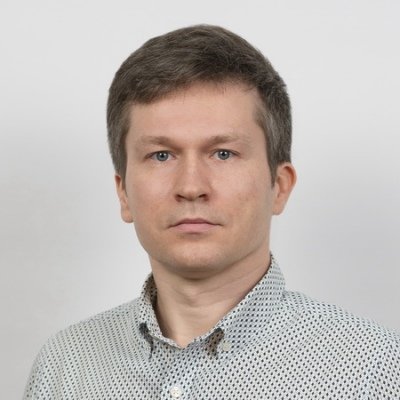Virtual Reality, Programming of Games and Applications
Interactive Lectures and Masterclasses
Virtual Reality (VR) technologies are widely applied across various industries. They can be extremely beneficial for the career growth and professional capacity building in multiple directions.
Here are some examples:
- immersive and interactive education in various fields;
- modeling;
- remote work;
- telemedicine;
- visualization of data and complex processes;
- the entertainment industry.
VR technologies are dynamically developing. By now they have become a part of many education and production activities. Soon VR will be their most important integral part. So now is the high time to get acquainted with these technologies.
The innovative educational approach is based on the multimodality. The interactive classes will be interesting both for students/schoolchildren and teachers. It is the experience exchange program.
The VR, application and game programming includes:
- Interactive lectures with visual graphic presentations that enable learners to catch the material essence and focus on the most important aspects of VR technologies;
- Master classes, during which the lecturer together with learners create their own applications and games in the real-time mode;
- Direct use of VR applications in practice, providing the opportunity to immerse into the created virtual world and feel the technology "at your fingertips";
- Involving game contests using VR technologies that will captivate participants and serve as a motivating impulse for continued studies.
Plan of the Interactive Class
Theoretical Part:
- Basic principles of VR technologies’ development;
- Technical tools for VR;
- Software tools for VR;
- Methodological aspects – how to start teaching of VR & programming, and how to keep your audience interested.
Practical part:
- Introduction to the software environment for creating applications;
- Introduction into the basic mechanics of VR game applications ;
- A master class on programming, where participants will develop a software application together with the lecturer;
- A contest game component of the classes sessions – conducting a gaming contest in VR.
Interactive class results and Testing of acquired knowledge and skills
As a result of the classes, participants will gain a structured understanding of the essence and possibilities of VR technologies and programming of applications. They will acquire basic programming skills and learn how to develop applications using modern software tools. To finalize the program of studies, learners will be offered a test to assess their understanding of the delivered material.
Essential equipment for classes
- Plug connection for the lecturer’s laptop;
- Screen and projector or a smart TV with large screen for streaming presentations from the lecturer’s laptop;
- Marker board with markers.
Candidate of Technical Sciences, Associate Professor of the Department of Television and Video Engineering at St. Petersburg State Electrotechnical University








